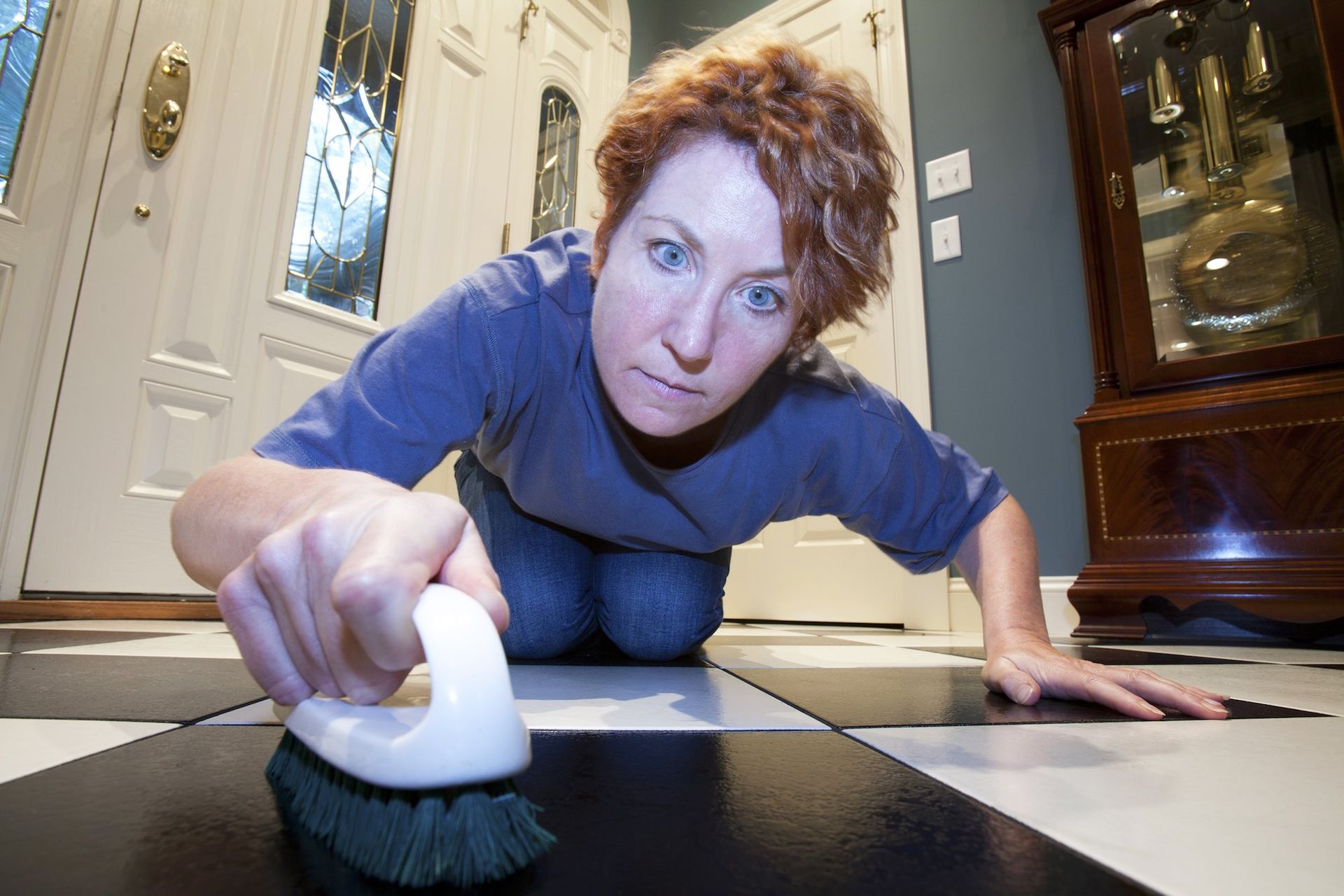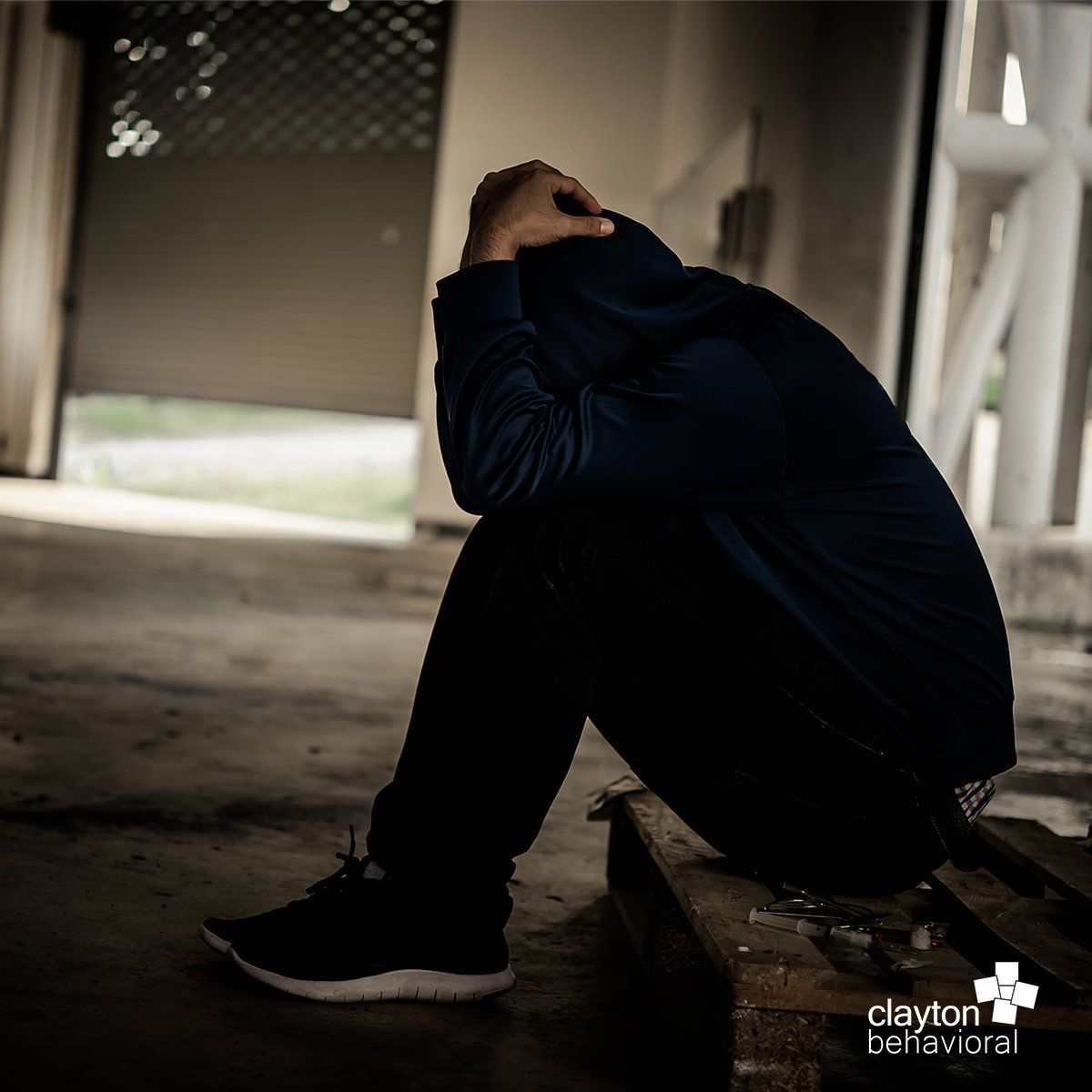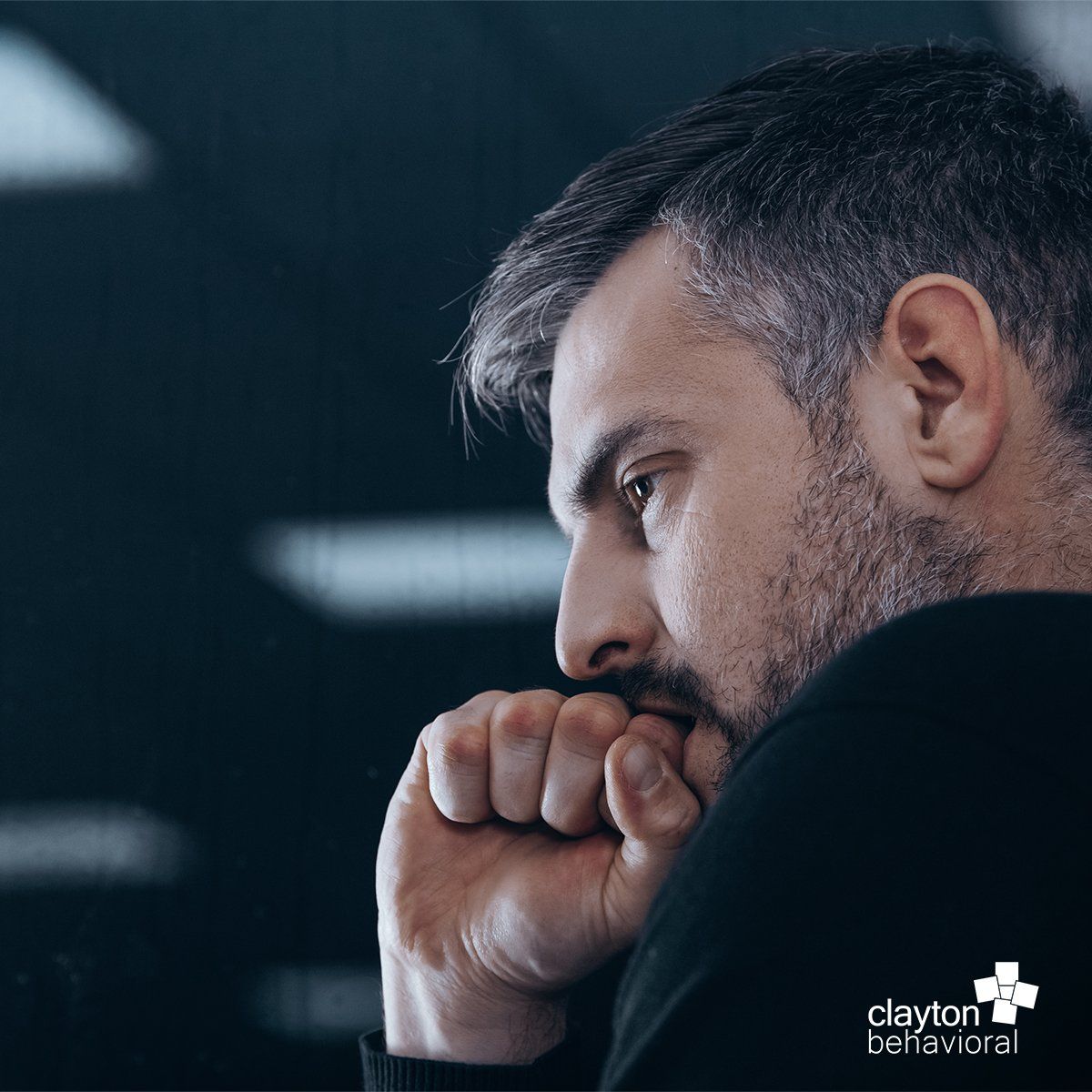OCD Variants

OCD is typically associated with symptoms such as the obsessive fear of germs and contamination and/or ritualistic behaviors such as compulsive hand washing. Other conditions share some of the characteristics of OCD and may represent variants of this disorder.
Scrupulosity arises when OCD has a religious component. Sufferers have pathological guilt surrounding moral or religious issues. They become obsessed about having committed a sin or acted in contradiction to their religious morals and beliefs. This condition appears to have been present in certain historical religious figures. St. Ignatius, for example, described that "after I have trodden upon a cross formed by two straws...there comes to me from without a thought that I have sinned...this is probably a scruple and temptation suggested by the enemy". The Catholic Church provides help for this condition through Scrupulous Anonymous .
Popularized by the TV show Buried Alive , Hoarding (pathological collecting) is conceptualized as an OCD variant. Sufferers show inability (or unwillingness) to discard large amounts of typically useless objects. They develop intense anxiety when needing to throw something away, since they feel these objects could be useful in the future. Unlike most OCD sufferers, hoarders do not find their habits problematic, and often appear comfortable and at ease in their overcrowded living environments.
BDD (Body Dysmorphic Disorder or imagined ugliness) also has overlaps with OCD. BDD patients are obsessively and excessively preoccupied with a slight or imagined defect in their physical appearance. They perceived themselves as physically flawed and spent large amounts of time in front of mirrors, trying to cover what they believe is a defect (a facial asymmetry, an unusual head shape, etc). They often seek help from plastic surgeons and aestheticians. BDD can be severely debilitating and cause much suffering and isolation. This article shows pictures of the way four women really look versus the way they perceive themselves.
Some patients suffer from what has been called "Sexual Orientation OCD". They are intensely preoccupied with their sexual orientation and identity. This can be seen, for example, among people who are not gay or lesbian, yet have intense doubts that they may not be heterosexual. Homosexuals may also suffer from this disorder, obsessively worrying if they are straight. They will constantly seek reassurances from their loved ones about their behaviors, and will ruminate if the way they act may be perceived as gay/lesbian (or straight, in the case of homosexuals).









